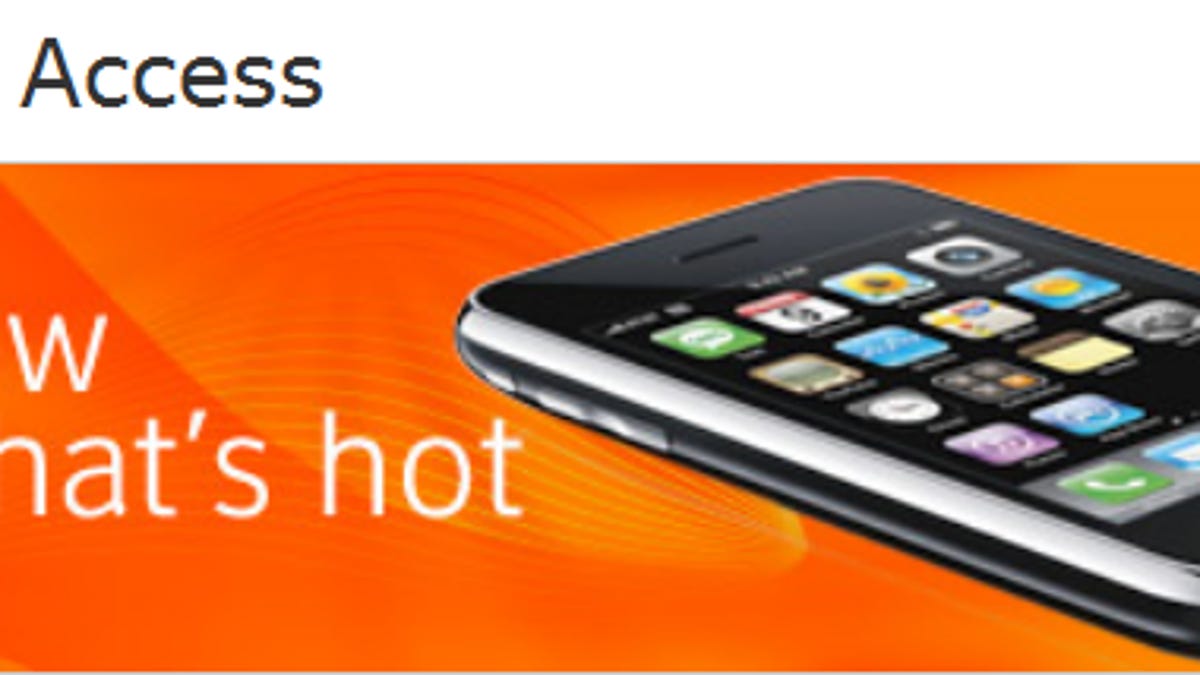Rant: AT&T iPhone Wi-Fi free as in money, but not as in time
Getting a Wi-Fi connection requires a cellular data link. What?

I finally got the SMS alert on my iPhone telling me that I now have access to the Wi-Fi hot spots at Starbucks, for free. Cool. But the images I had of just sauntering in to a Starbucks, selecting the local Wi-Fi network and jumping on the Internet were busted when I read these ridiculous instructions for getting access:
- Activate Wi-Fi from the settings icon on your iPhone.
- Select "attwifi" from the list of available networks.
- Enter your 10-digit mobile number and check the box to agree to the Acceptable Use Policy. Tap 'continue.'
- You will receive a text message from AT&T with a secure link to the AT&T Wi-Fi hot spot. You will not be charged for the text message.
- The SMS link will only be valid for 24 hours at the location it was requested. Another request must be submitted when using another hot spot location.
- Open the text message and tap on the link for 24-hour access to the AT&T Wi-Fi hot spot.
To get on Wi-Fi, I need to tell you my phone number and then authorize over SMS? That's just goofy. I get that the method that I think should work to authorize an iPhone on the network--a check of the phone's MAC address by the AT&T Wi-Fi authorization system--might be more hackable than this closed-loop authorization system that checks to see if you're an AT&T iPhone subscriber in good standing via your phone number. But so what? It's not like the value of the network connection that someone would be appropriating if they hacked this system is that high to begin with.
Adding this "hoop jumpage" (as our writer Stephen Shankland calls it) just punishes the rest of us who only want to do a quick check of a Web site or map, thank you very much. It appears that for anything less than a long Web browsing session, we'd be better off just living with the cellular data coming into our phones.
See also: Meraki is offering free Wi-Fi to San Francisco. Why?

